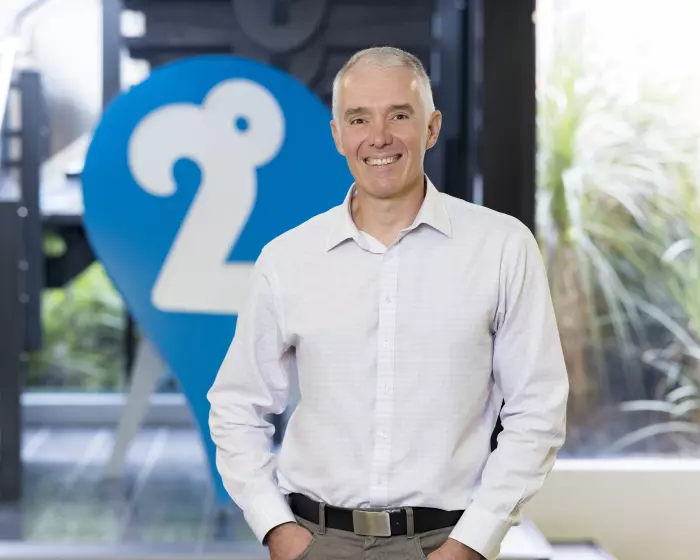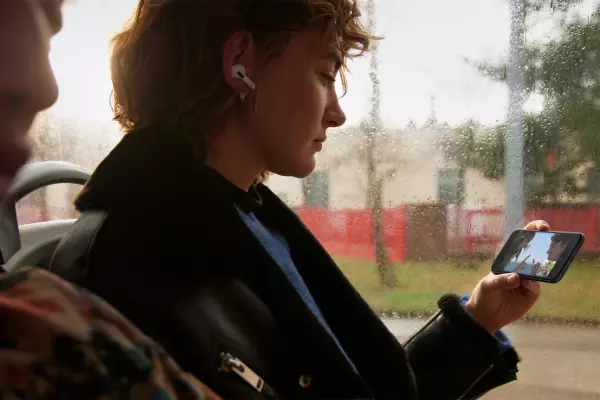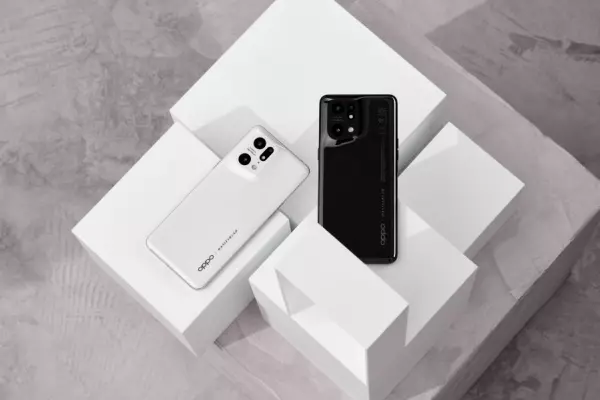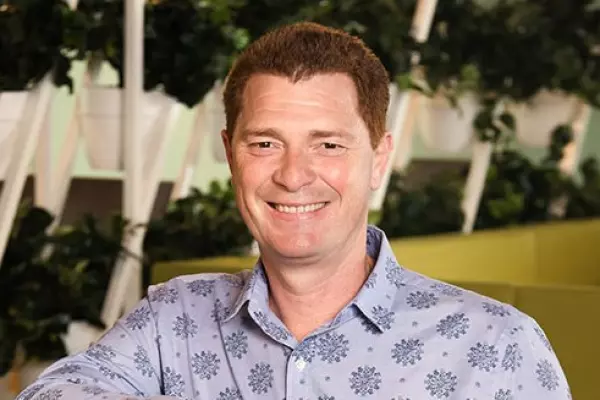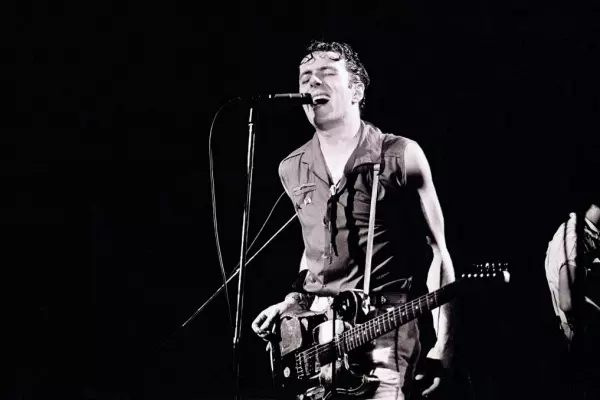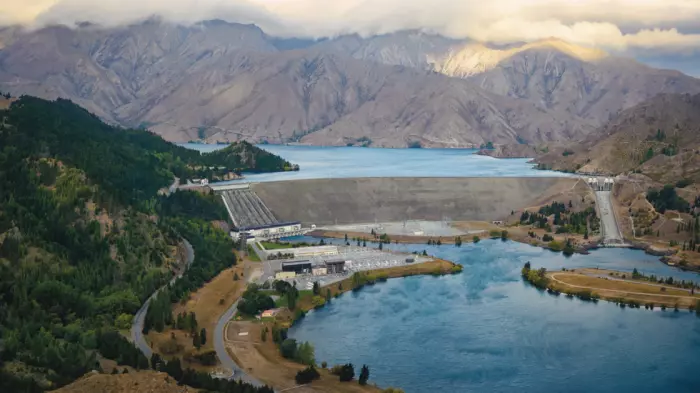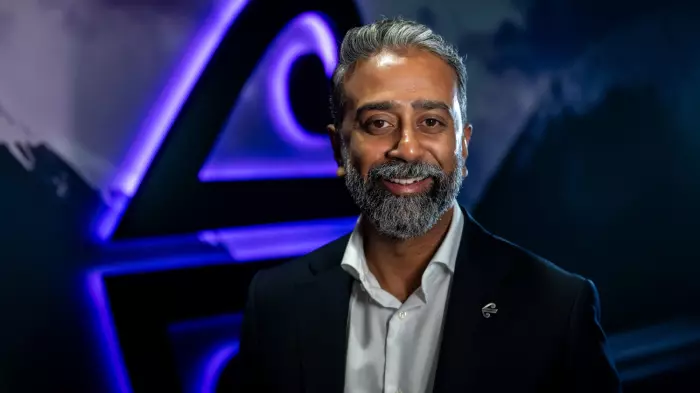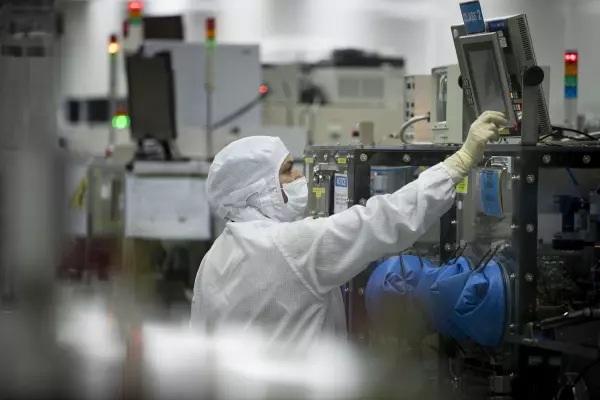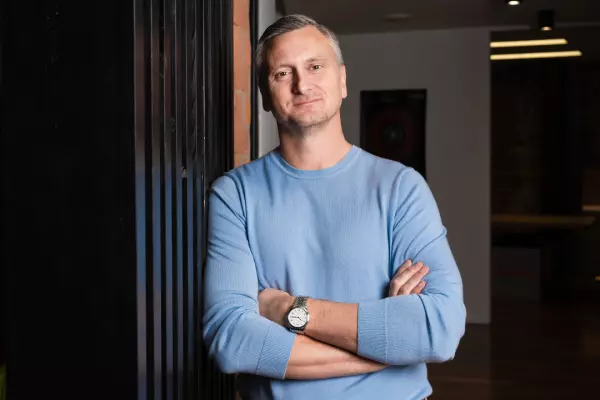2degrees says it has officially launched its 5G mobile network, with network coverage switched on in areas of Auckland, Wellington, and Christchurch on Monday.
It means all three of New Zealand’s mobile telcos now offer 5G plans for customers after Spark and Vodafone turned on their services in 2020.
None of the three can claim to have anything close to national 5G coverage, with customers still relying on older 4G and 3G networks for calls, texts, and mobile data while network building continues (and Vodafone still runs its 2G network).
Only three smartphone models will connect to 2degrees' 5G: Samsung’s foldable Galaxy Z Fold 3 and Z Flip 3, and the Oppo Find X3 Pro. That’s right, no iPhone compatibility yet.
2degrees chief technology officer Martin Sharrock told BusinessDesk this is because the company must upgrade the software for all specific smartphone handsets before they will talk to the network.
“We've actually got a long stream of devices coming that have gone through the lab … they’re already in testing,” he said.
“We're launching now because the people that have got these three devices, they can use it now, so they may as well use it now.
“Very soon we'll have the full suite of Apple, Samsung, and Oppo 5G-capable devices.”
He estimated 5G iPhones, which are the iPhone 12 and 13 models, would be compatible in April or May.
“We're really happy with the performance and where we're at right now,” he said.
“There's an underappreciation of how good the 2degrees network is.”
5G is the fifth-generation standard of wireless mobile networking and promises faster speeds, lower latency, and better capacity, the latter allowing for a higher number of stable connections per cell tower compared to 4G.
This is in line with the growing number of internet-connected devices for personal and business use worldwide and in NZ.
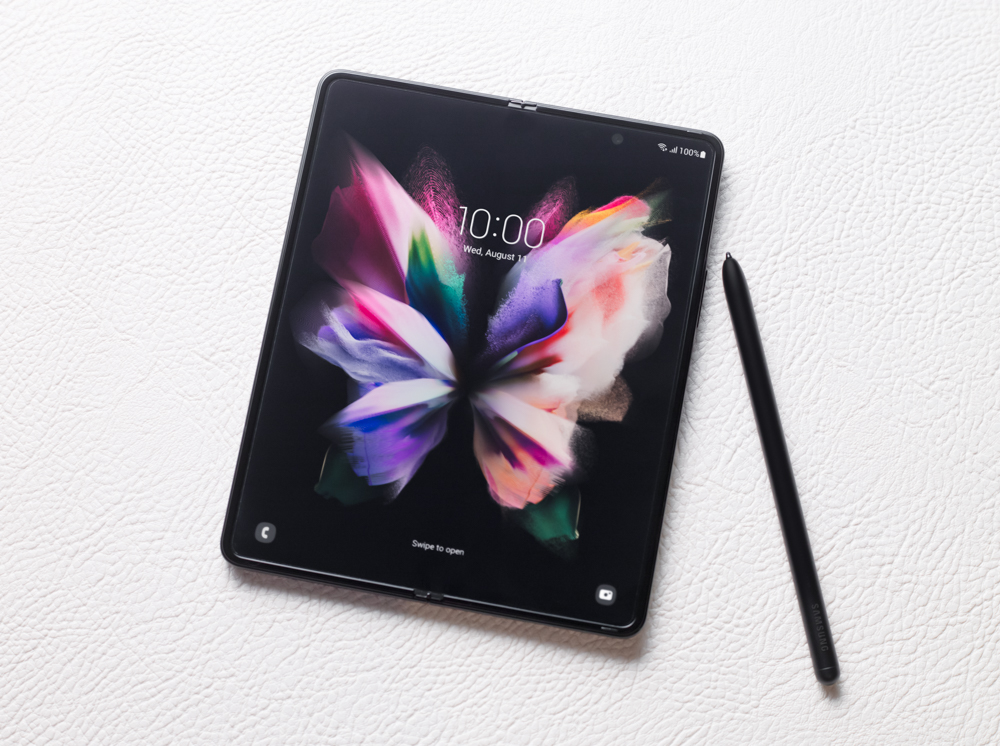 Samsung's $2,699 Galaxy Z Fold 3 is one of the first phones that can connect to 2degrees' 5G network. (Image: Samsung)
Samsung's $2,699 Galaxy Z Fold 3 is one of the first phones that can connect to 2degrees' 5G network. (Image: Samsung)To be acquired
Sharrock stood by 2degrees’ decision to build out the network to cover whole areas rather than disparate ones.
“We've taken what we think is the right approach, a unique approach in the New Zealand market, of building cumulatively out to make sure you if you enter 5G you stay in 5G,” said Sharrock.
He said most of Auckland’s CBD, including the Viaduct and Wynyard Quarter, were covered as well as Grafton, Mount Eden, Kingsland, Remuera, and Newmarket, with work starting on the North Shore next week.
Wellington’s Sky Stadium down to Lambton Quay and Te Aro areas are covered, as well as the airports in Auckland, Wellington, and Christchurch.
Sharrock reiterated 2degrees had put over $1 billion into its network, but would not specify costs further. The telco is approaching 2,000 cell sites nationwide, which he said shows it is not the third player but “an equal first player”.
Macquarie Asset Management and Aware Super, the owners of Vocus Group and NZ subsidiary Orcon Group, will acquire 2degrees from Trilogy International Partners and Tesbrit BV in the first half of 2022, subject to regulatory approval.
Sharrock said the merger process was “really in the background for me right now”.
“I'm head down trying to deliver the plan and make sure the network performs to the best of its ability.”
The $1.7 billion deal is seen as a logical combination thanks to 2degrees’ mobile assets and Orcon Group’s fixed-line.
Completion of the deal would create a new entity named 2degrees and see Orcon’s Mark Callander appointed chief executive. Current CEO Mark Aue would leave the business.
In October 2020, Aue told BusinessDesk that 2degrees was not late on 5G and said its network would be live by the end of 2021.
The effects of the pandemic and 2021’s late-year lockdown delayed that launch until now, though the telco revealed it had quietly switched on 5G for testing in Auckland in early November.
Technically speaking
2degrees had to go all-in with network equipment partner Ericsson, in part due to Huawei’s unfavourable position in the market in the wake of severe US trade bans. Some of Huawei’s 3G and 4G equipment is being removed from existing infrastructure, but some will be repurposed to help with capacity at the network edge.
The government is yet to confirm if it will sell a new spectrum to mobile operators at auction this year or allocate it at no cost in a break from tradition.
Sharrock said 2degrees' 5G build and 3G and 4G upgrades was a multi-year project, and that he’d like each telco awarded 100-megahertz (MHz) spectrum to complement the 60MHz 5G spectrum they currently have via trial licenses.
“I want to see the maximum possible allocation so we can really maximise each site that we have. 100MHz of spectrum at 5G per site will be a significantly upgraded experience for users.”
2degrees would not push customers to buy 4G or 5G fixed wireless Wi-Fi services for home or business over fixed-line fibre.
“If fibre is the best service for you, 2degrees will tell you fibre is the best service for you. If 2degrees thinks that a 5G fixed wireless service or a 4G fixed wireless service is the right service for you, we’ll tell you that as well.”


